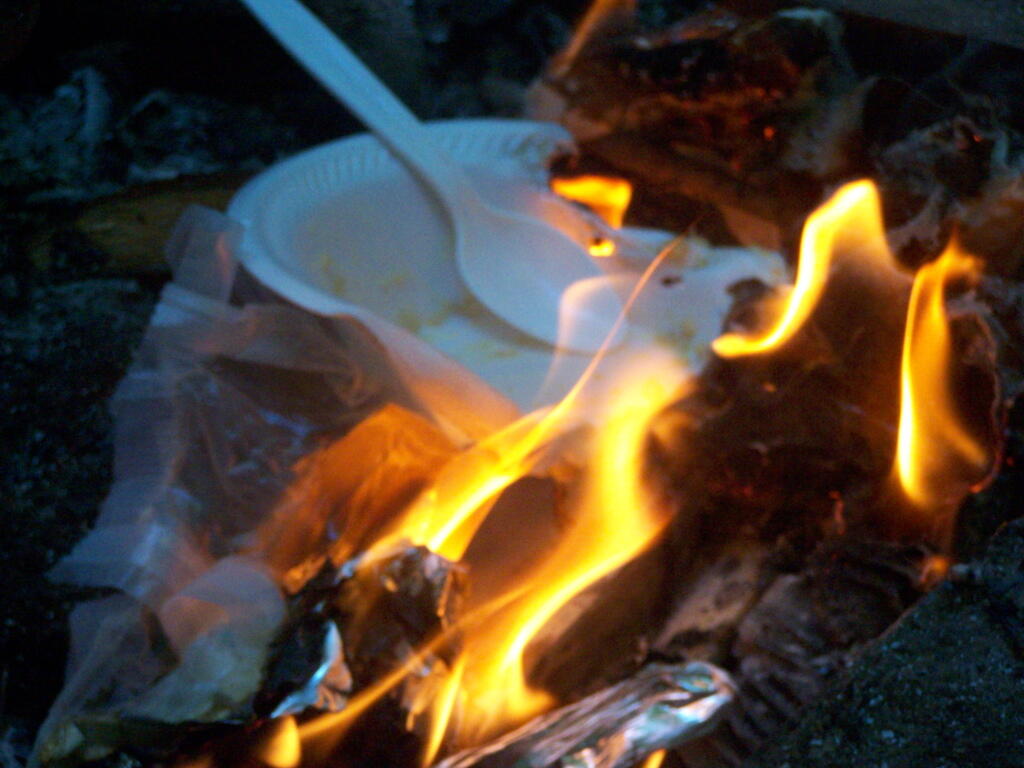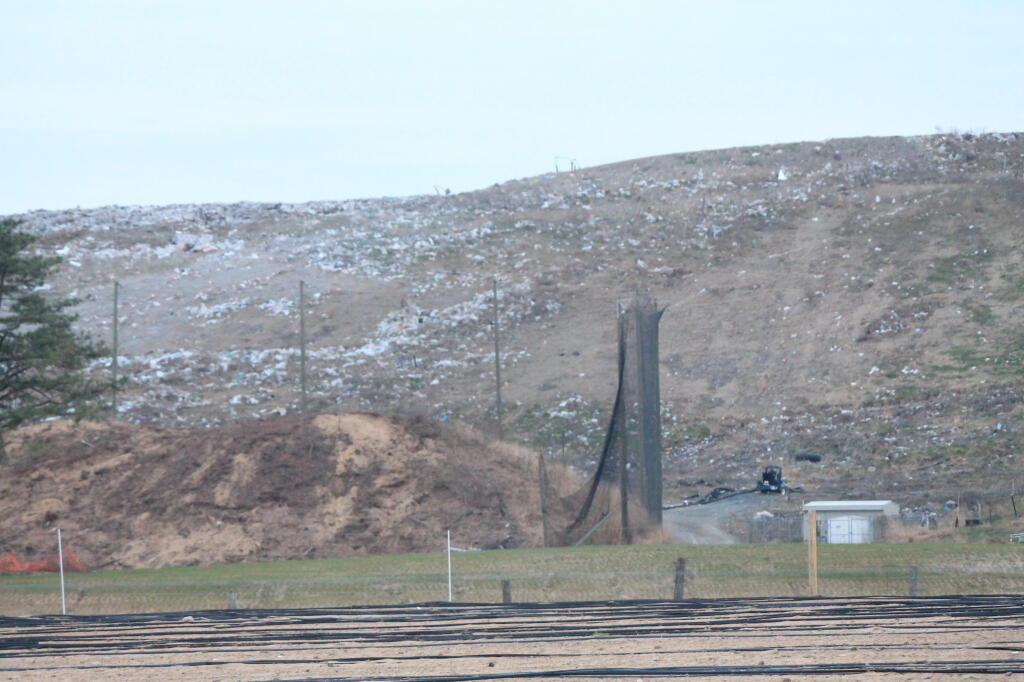Zero Landfill Automoible Assembly Plants.
You often hear commericals on radio that “Subrarus are made in zero landfill factories.” Basically, what they are talking about is their automobile assembly factory, where manufactured components are shipped in reusable containers (to save money), bolted or welded together, and finished up.
They do not include manufacturing of components, or the mining of raw materials to build the cars. Even at zero-landfill assembly factories, some waste is generated, but valuable metal scraps are sent to scrap dealers, and plastic garbage and other wastes are shipped off to municipal trash incinerators, and burned for energy. Zero-landfill Assembly factories typically also have recycling programs in lunch rooms for aluminum cans and recycling for paper in offices, which is fairly common in most industries.
When you read into the claim, you have to be kind of skeptical. Indeed, zero-landfill is much different then zero-waste, or near zero-waste as many environmentalists are persuing. Indeed, much of it’s just certification, rather then any real change in process — as it’s stupid not to reuse shipping containers, scrap waste metals, and do other things that save businesses money.
Zero Landfill Camping.
I don’t generate any trash when I camping that I haul home, and then take to the transfer station for disposal in a landfill. I seperate out the burnable trash from the non-burnable trash, the later which I take home for recycling either for remedemption of the deposit or regular municipal recycling at transfer station. I don’t leave any waste behind, and indeed, I often pick up litter from other persons, including small scraps of paper or plastic people overlook.
I do use styrofoam plates and plastic forks, paper towels, wet whipes, and often camp food comes in more packaging then stuff you get a home, as more stuff is canned or in dry packaging. I don’t use reusable bags when buying camp food, because having lots of plastic bags is handy for camping. It’s a lot easier to burn your trash, then have to wash up a lot of dishes. Food waste is also burned in a hot fire, because one doesn’t want attract bears.
I generate a lot more trash at camp then I do at home. Yet, I don’t want to haul a lot of smelly trash around, so the garbage gets burned at the end of the evening in the campfire. The day’s plastic bag full of burnables gets burned in the hot campfire at the end of day — and is almost instantly incinerated. I like watching trash burn, and I’m not that worried about it compared to what a lot of farmers and rural folks in more rural states burn regularly in their burn barrels and pits.
Tin cans are burned out, to rid of food residue, and tossed in the bin with the aluminim beer and beverage cans. Glass bottles are washed out. Anything that doesn’t burn is hauled home for recycling. I make sure to pick out any aluminum foil or partially burnt trash out of the fire pit. I don’t litter, and there is no trash generated that ever sees a landfill.
Mocking Zero-landfill Concept.
To a certain extent I am mocking the concept of zero-landfill manufacturing, that some manufacturers like to brag about it. Are farmers and rural residents who burn their garbage, recycle tin cans and glass, compost, zero-landfill folk? They are keeping their waste out of landfills after all.
But more seriously, it’s not zero-landfill but zero-waste we should be getting to as a society. It’s one things for a country boy out in the boonies to burning his garbage in a fire, it’s another thing for an urban society to be taking steps to reduce it’s waste. All of the country boys, farmers, and rural residents of the world, generate relatively little trash compared to what our big cities generate.
Cities need to find steps to recycle more of their waste, and recover their organics through source-seperated organics composting, biogas, or source-seperate organic biomass energy production. Cities need to find ways to keep their organic waste seperate from toxic technical materials — we got to stop dumping massive quanities of plastics and metals mixed with organics like food waste and brush into massive garbage incinerators and landfills.

